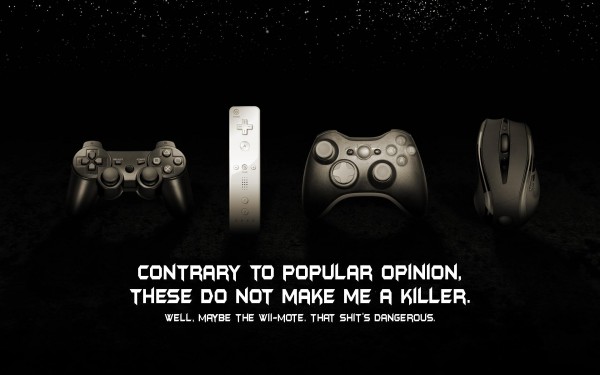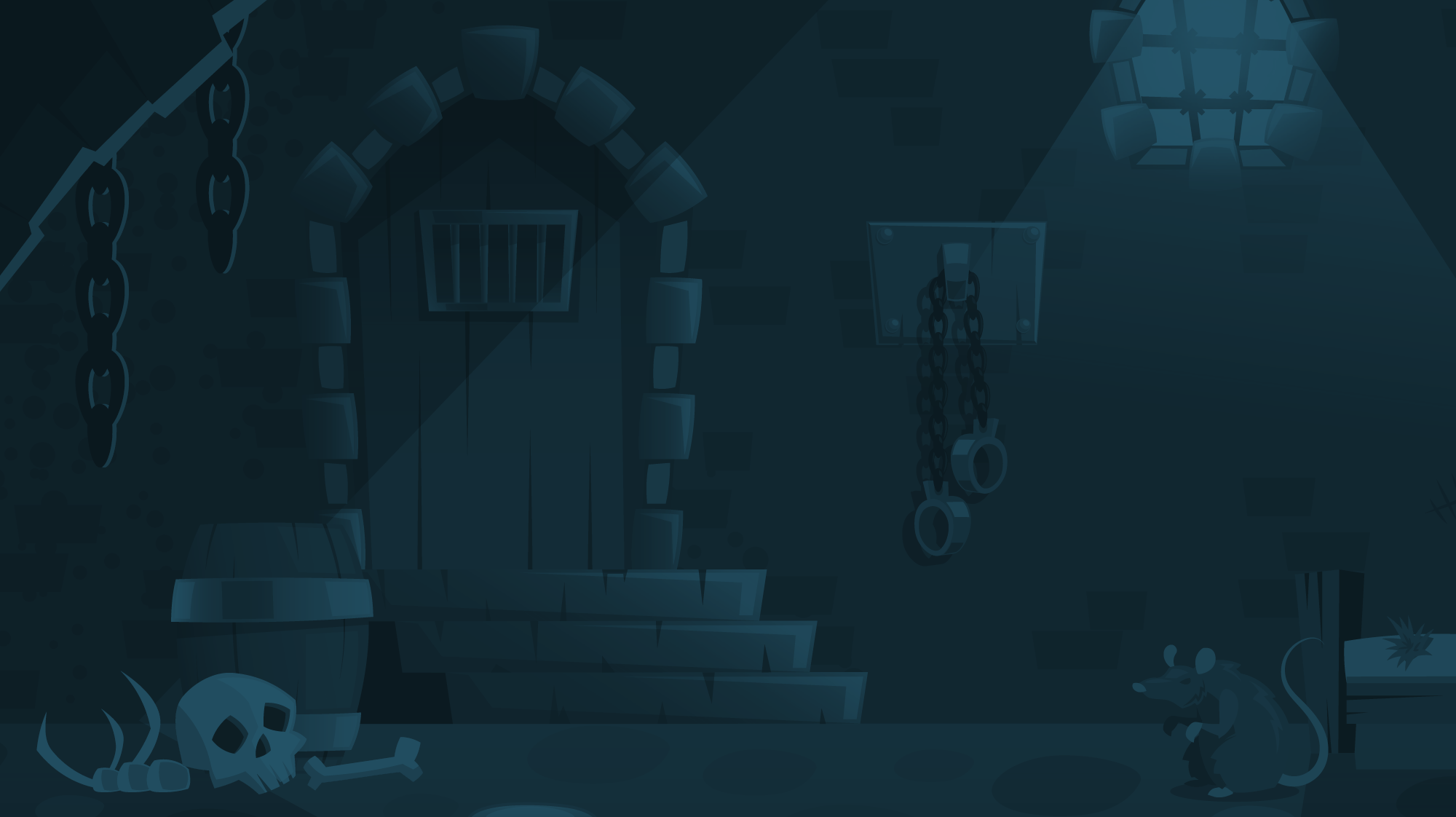Studie: immoreel gedrag in games verhoogt morele gevoeligheid
Niet alle studies stellen games in een slecht daglicht, al moeten we ook die "positieve" studies natuurlijk met een kritische blik bekijken. Zo is er nu een nieuwe studie gepubliceerd die aantoont dat de morele gevoeligheid van mensen toeneemt wanneer ze in een game (in het geval van de studie was dit Operation Flashpoint: Cold War Crisis) immorele daden stellen.
Op zich is dit niet zo verwonderlijk natuurlijk en de studie bevestigt dan ook wat eerdere studies ook al aantoonden. Wat deze studie echter nog niet aantoont, is dat die verhoogde morele gevoeligheid ook effectief leidt tot een toename van het "pro-sociaal gedrag" ten voordele van andere mensen. Dat is dan ook iets wat men nog verder over discussieert en wat men graag verder zou willen onderzoeken. Hieronder een samenvatting van de studie.
| Several researchers have demonstrated that the virtual behaviors committed in a video game can elicit feelings of guilt. Researchers have proposed that such guilt could have prosocial consequences. However, this proposition has not been supported with empirical evidence. The current study examined this issue in a 2×2 (video game play vs. real world recollection×guilt vs. control) experiment. Participants were first randomly assigned to either play a video game or complete a memory recall task. Next, participants were randomly assigned to either a guilt-inducing condition (game play as a terrorist/recall of acts that induce guilt) or a control condition (game play as a UN soldier/recall of acts that do not induce guilt). Results of the study indicate several important findings. First, the current results replicate previous research indicating that immoral virtual behaviors are capable of eliciting guilt. Second, and more importantly, the guilt elicited by game play led to intuition-specific increases in the salience of violated moral foundations. These findings indicate that committing "immoral" virtual behaviors in a video game can lead to increased moral sensitivity of the player. The potential prosocial benefits of these findings are discussed. |










